-
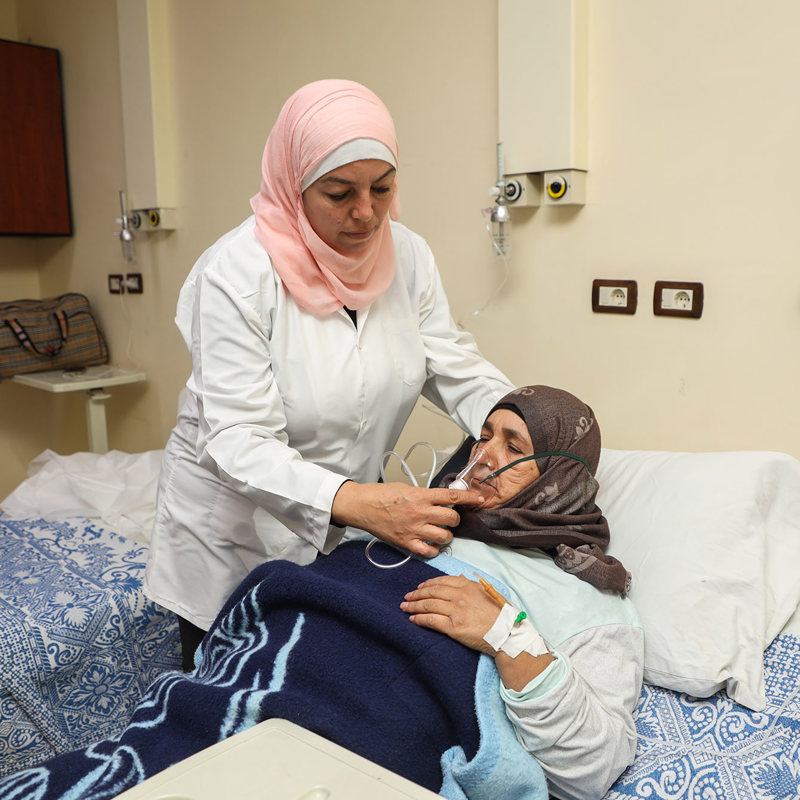
L’hôpital national de Homs a été détruit par une décennie de conflit en Syrie. Aujourd’hui, l’hôpital est en reconstruction et les patients reviennent. L’hôpital national de Homs est désormais équipé d’un générateur d’oxygène médical, acheté et insta...
-
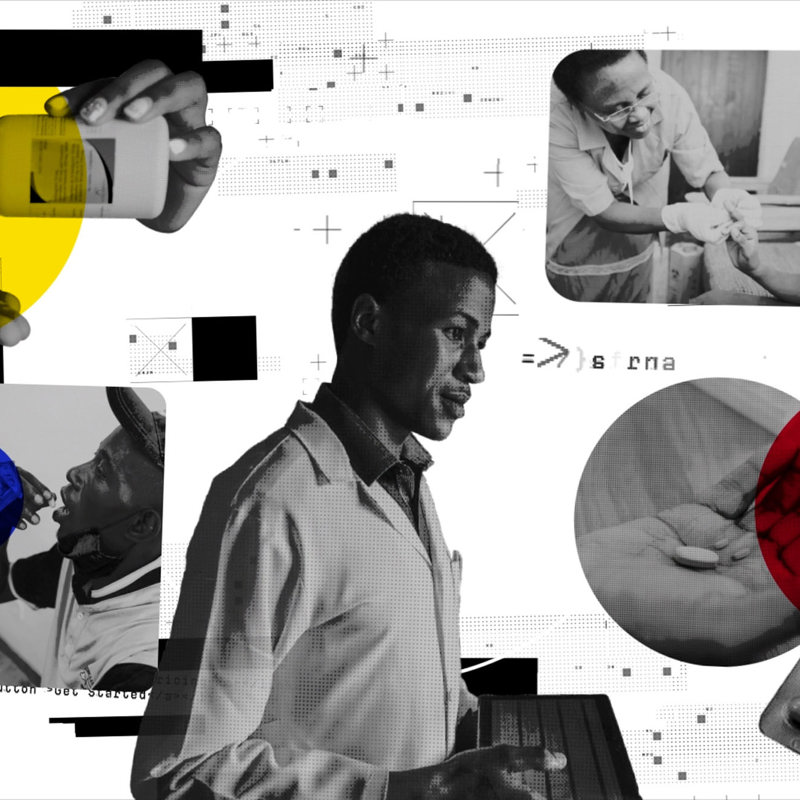
La technologie et l’innovation sont les principaux moteurs de la lutte contre le sida, la tuberculose et le paludisme. Ils renforcent la surveillance des maladies, transforment le dépistage et les diagnostics et révolutionnent les traitements.
-
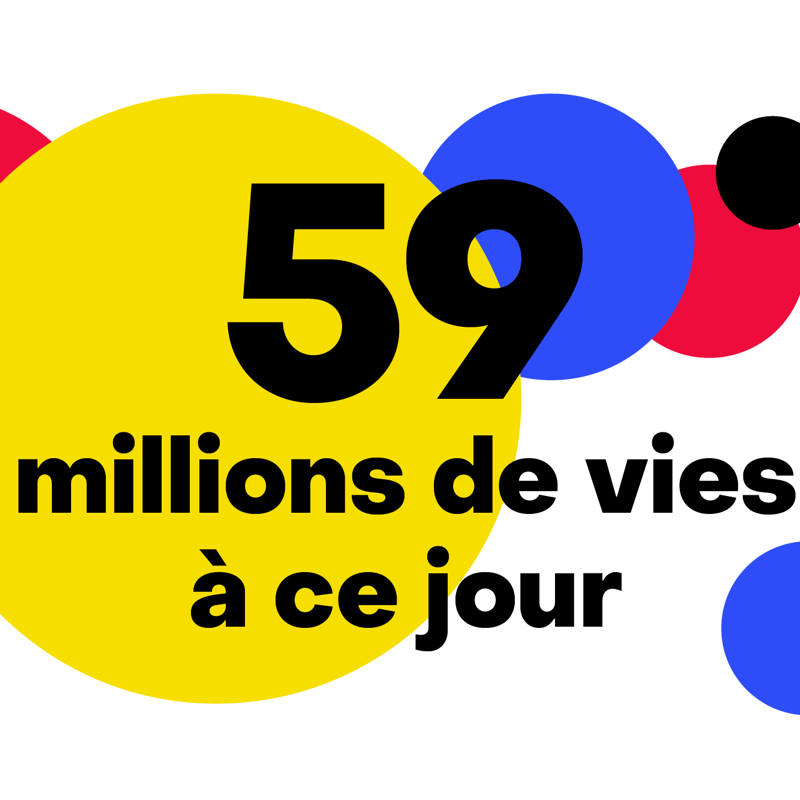
-
Grant Entity Data is information that the Global Fund uses to actively manage grant-life cycle activities. This video summarizes what CCMs, PRs and LFAs need to know about the new Partner Portal.
-
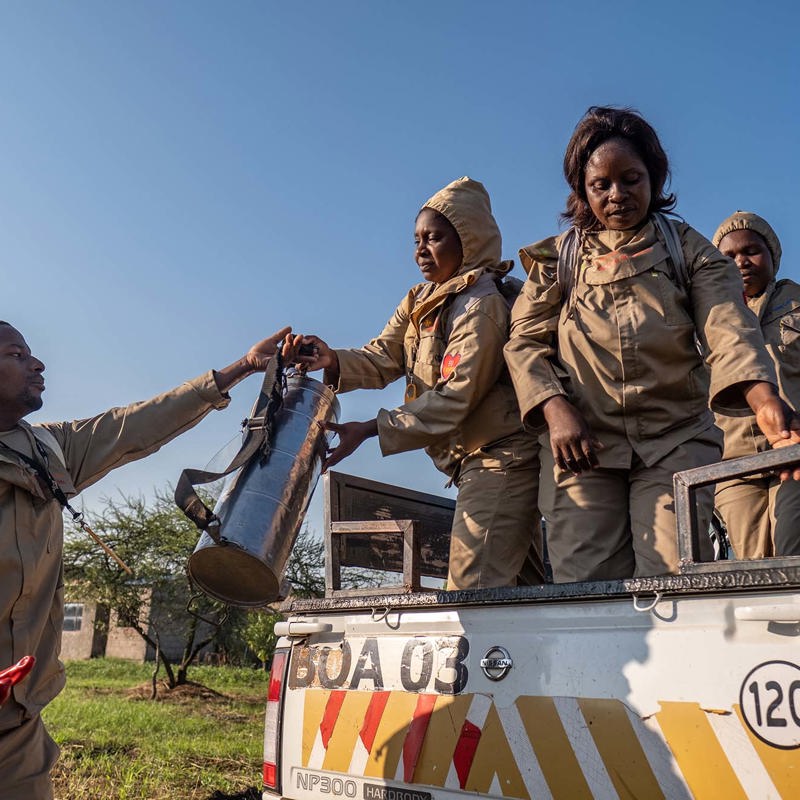
Lorsque le cyclone Freddy a frappé, la maison de Celina a été complètement inondée. Celina a été forcée de s’enfuir pour trouver refuge avec ses trois enfants. Peu de temps après, ses deux petites filles ont contracté le paludisme. À peine six mois p...
-
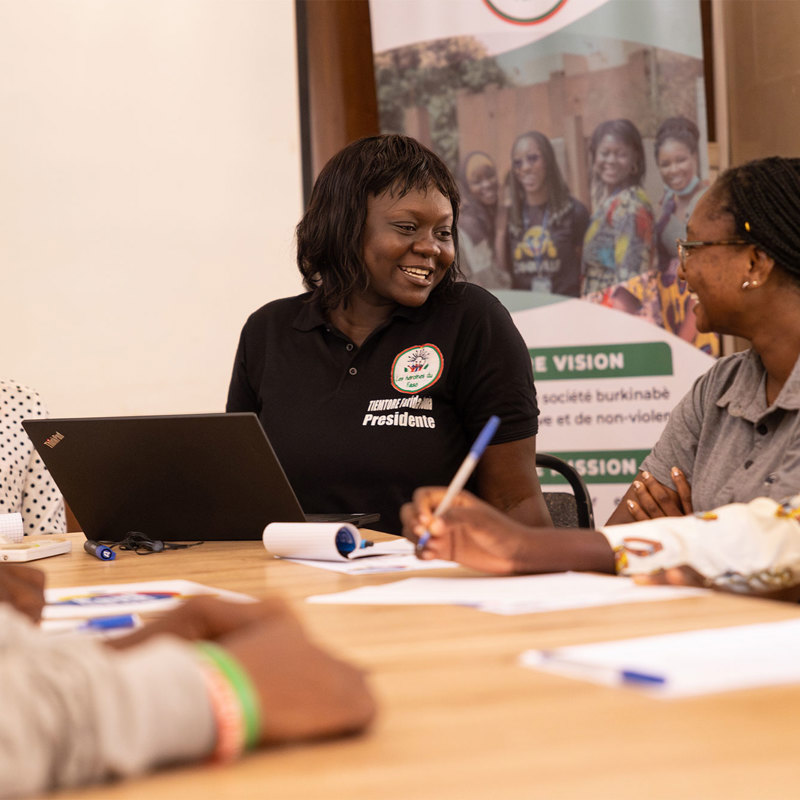
À 23 ans, Farida Tiemtoré était une étudiante remplie de rêves. « Je me suis dit : pourquoi ne pas créer quelque chose sur Internet pour permettre aux gens d’obtenir les bonnes informations ? Tout de suite, le blog m’a permis d’être en relation avec ...
-
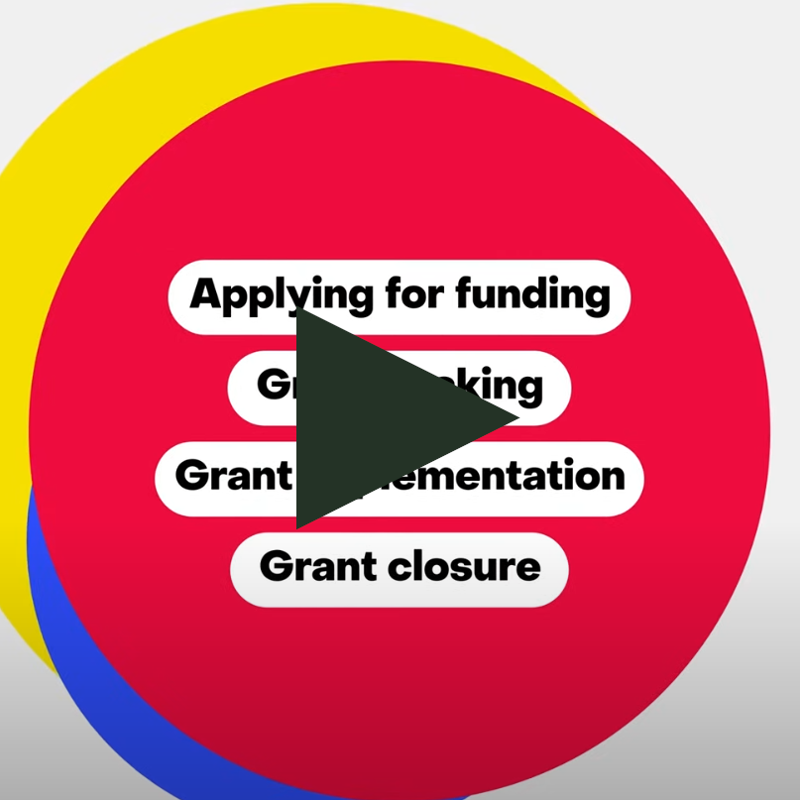
A country’s funding request to the Global Fund is developed into one or more grants through a process called grant-making. This video summarizes key changes regarding the grant-making process for Grant Cycle 7 (2023 -2025 allocation period), and how ...
-
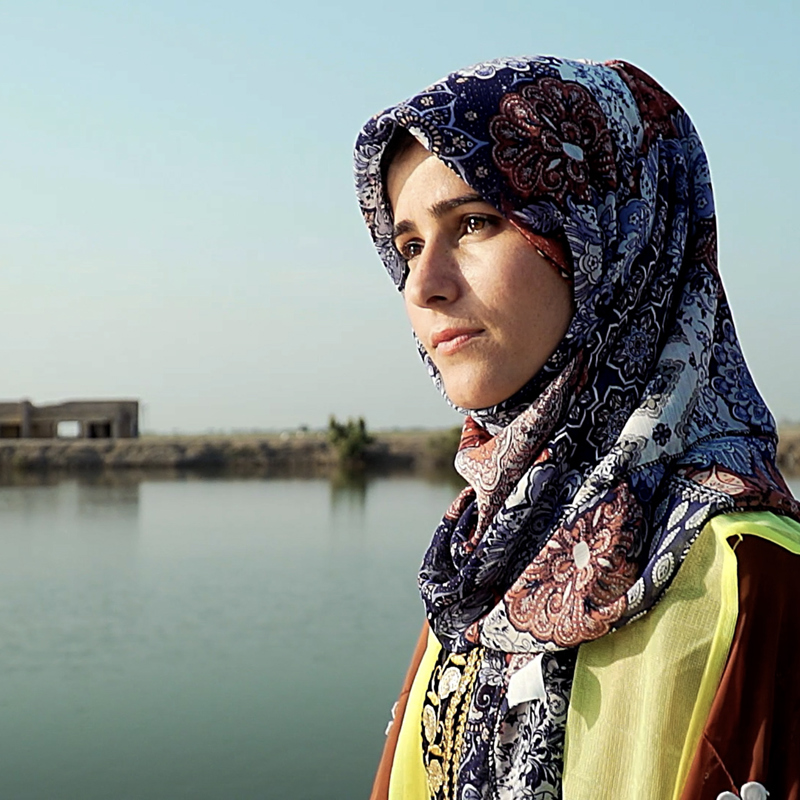
Subir les contrecoups d’une catastrophe naturelle n’empêche pas Fazila de s’occuper de sa communauté. Après avoir perdu sa maison et tout ce qu’elle possédait dans les inondations sans précédent qui ont frappé en 2022 la province de Sindh, au Pakista...
-
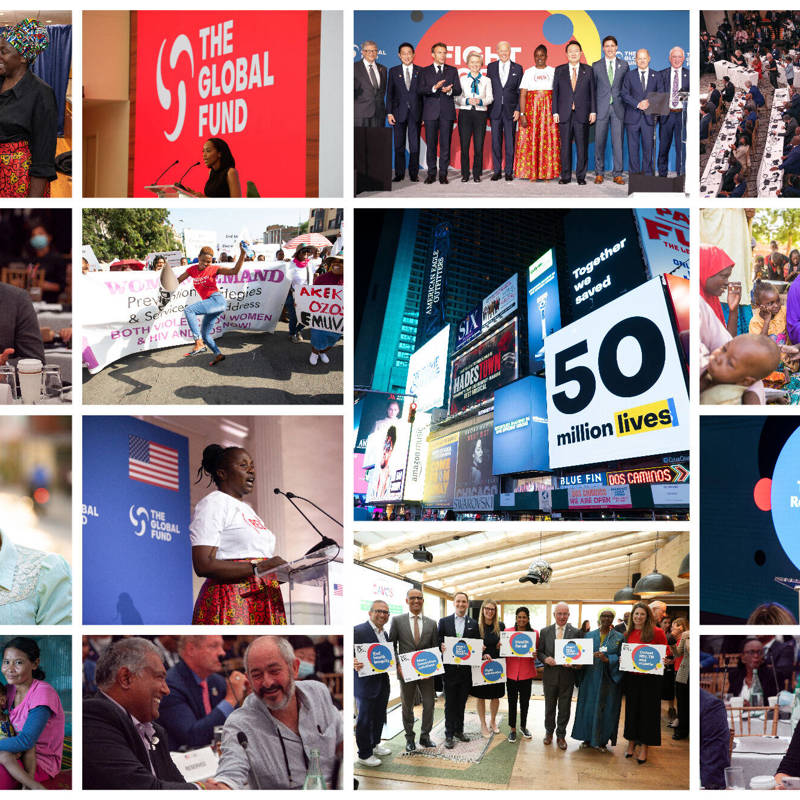
Private sector partners pledged a record-breaking $1.24 billion to the Global Fund in 2022, as well as lending their world-class technical expertise, to support health workers, improve disease surveillance and build stronger, more resilient supply ch...
-
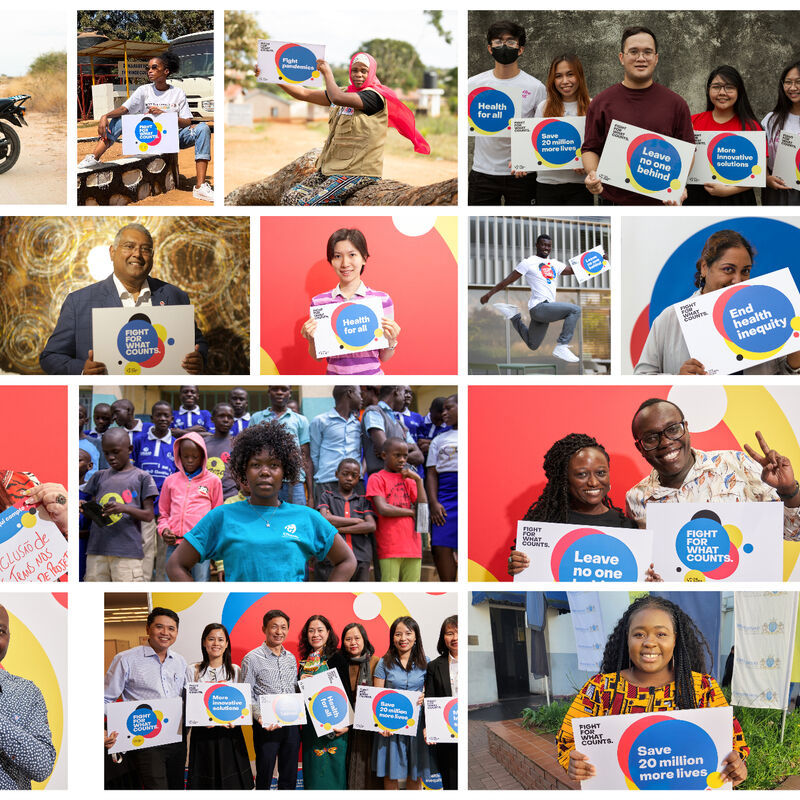
In 2022, the Global Fund movement – partners, advocates, communities – called on the world to #FightForWhatCounts to save millions of lives. Hosted by President Joe Biden in New York, world leaders and changemakers answered that call! In an unprecede...
 L’hôpital national de Homs a été détruit par une décennie de conflit en Syrie. Aujourd’hui, l’hôpital est en reconstruction et les patients reviennent. L’hôpital national de Homs est désormais équipé d’un générateur d’oxygène médical, acheté et insta...
L’hôpital national de Homs a été détruit par une décennie de conflit en Syrie. Aujourd’hui, l’hôpital est en reconstruction et les patients reviennent. L’hôpital national de Homs est désormais équipé d’un générateur d’oxygène médical, acheté et insta... Le 16 octobre 2023
Le 16 octobre 2023 Le 18 septembre 2023
Le 18 septembre 2023 Lorsque le cyclone Freddy a frappé, la maison de Celina a été complètement inondée. Celina a été forcée de s’enfuir pour trouver refuge avec ses trois enfants. Peu de temps après, ses deux petites filles ont contracté le paludisme. À peine six mois p...
Lorsque le cyclone Freddy a frappé, la maison de Celina a été complètement inondée. Celina a été forcée de s’enfuir pour trouver refuge avec ses trois enfants. Peu de temps après, ses deux petites filles ont contracté le paludisme. À peine six mois p... Le 18 juillet 2023
Le 18 juillet 2023 Le 25 mai 2023
Le 25 mai 2023 Le 21 avril 2023
Le 21 avril 2023 Le 23 janvier 2023
Le 23 janvier 2023 Le 21 décembre 2022
Le 21 décembre 2022